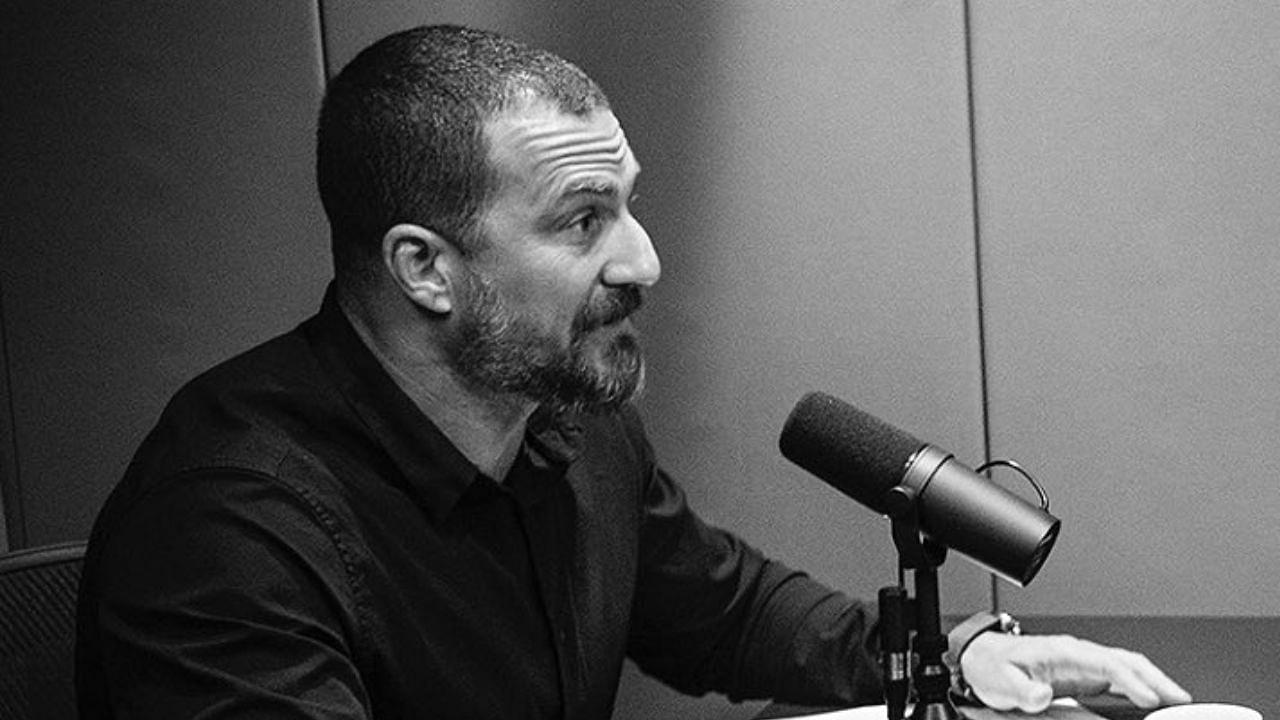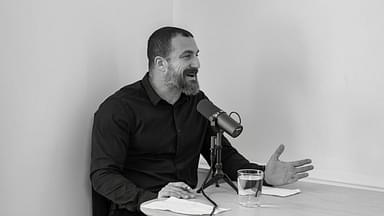It’s common knowledge that muscle recovery is a crucial factor that helps the physique grow and get stronger. From Arnold Schwarzenegger to Mike Mentzer, every fitness icon has, at some point, explained the importance of rest for muscle growth. But neuroscientist Dr. Andrew Huberman recently talked about the same principle for the human brain.
In a live Q&A session in Sydney, a follower asked him to elaborate on the role of rest for brain development and the approaches to it if it did have any significant impact. Huberman affirmed that rest indeed positively affected the brain, explaining the process behind it.
To begin with, brain development is a process quite similar to subjecting muscles to resistance training, where the blood flow is enhanced. The only thing different in cognitive functioning is the approach to growth in terms of stimulus.
The way Dr. Huberman put it, brain development depended on slowly feeding the individual with incrementally challenging tasks. The key was to induce agitation to provide a stimulus for the brain to kickstart neuroplasticity or the ability to adapt to change.
“Your nervous system doesn’t know successful trial versus failure trial…what it knows is the release of certain neuromodulators namely adrenaline and norepinephrine and a few others…”
The feeling of frustration that often comes with the agitation of these neurons is a sign of neuroplasticity. However, here’s where rest and recovery make their grand entrance to solidify the process. Neuroplasticity implies a rewiring of neurons to be able to adapt to challenging situations, and sleep helps with the physical changes in the brain.
“Neuroplasticity occurs, yes when we sleep, in states of deep rest or non-sleep deep rest…but the actual rewiring occurs away from the stimulus.”
Hence, sleep and rest are extremely crucial to aid brain development in individuals, especially when stimulated through challenging tasks. To ensure a good night’s sleep, Dr. Huberman had once even talked about his ‘sleep cocktail’ that gave him a good quality snooze session.
Dr. Andrew Huberman once revealed his three-step sleep stack
Since sleep is so integral for overall development, the neuroscientist once revealed his go-to supplements that helped with the quality of his rest. Three of these beat any other kind of nutritional additives, and all one needs to do is maintain basic healthy sleep practices.
200-400 gms of Magnesium threonate, the same amount of L-Theanine, and 50 gms of Apigenin is Huberman’s secret to a good night’s rest. Dr. Huberman clarified that supplements like L-Theanine might need a warning accompanying them since it contributes to worsening robust dreams or nightmares. In the end, the key was to maintain a good circadian rhythm throughout the day with clean habits to improve health.





